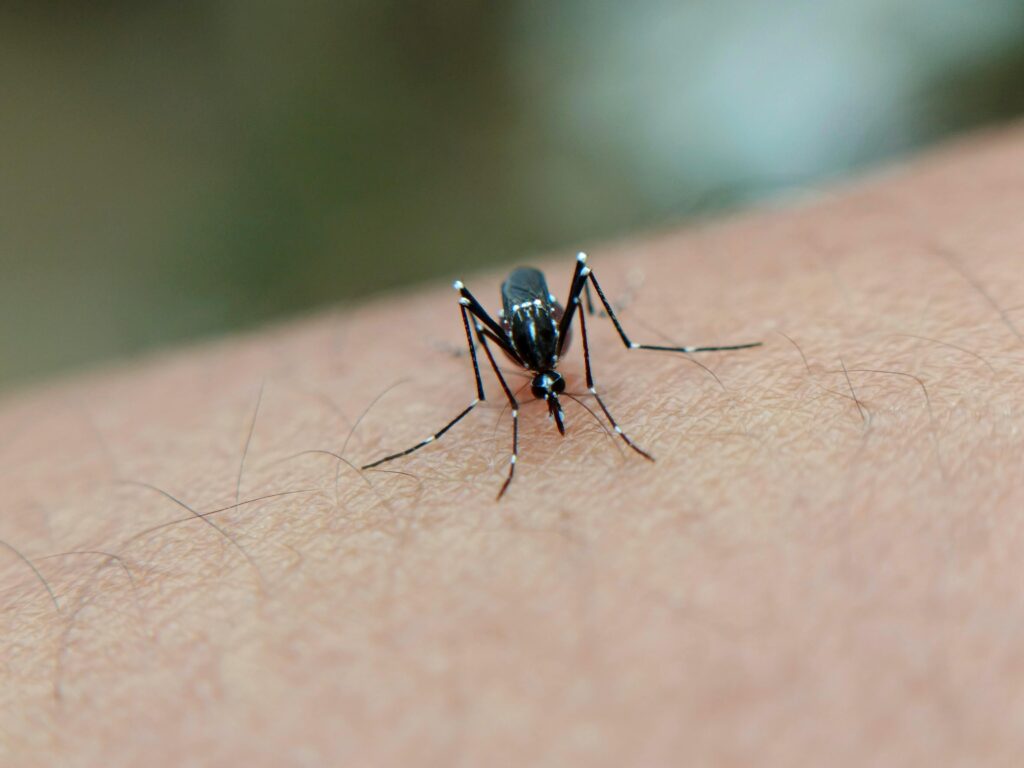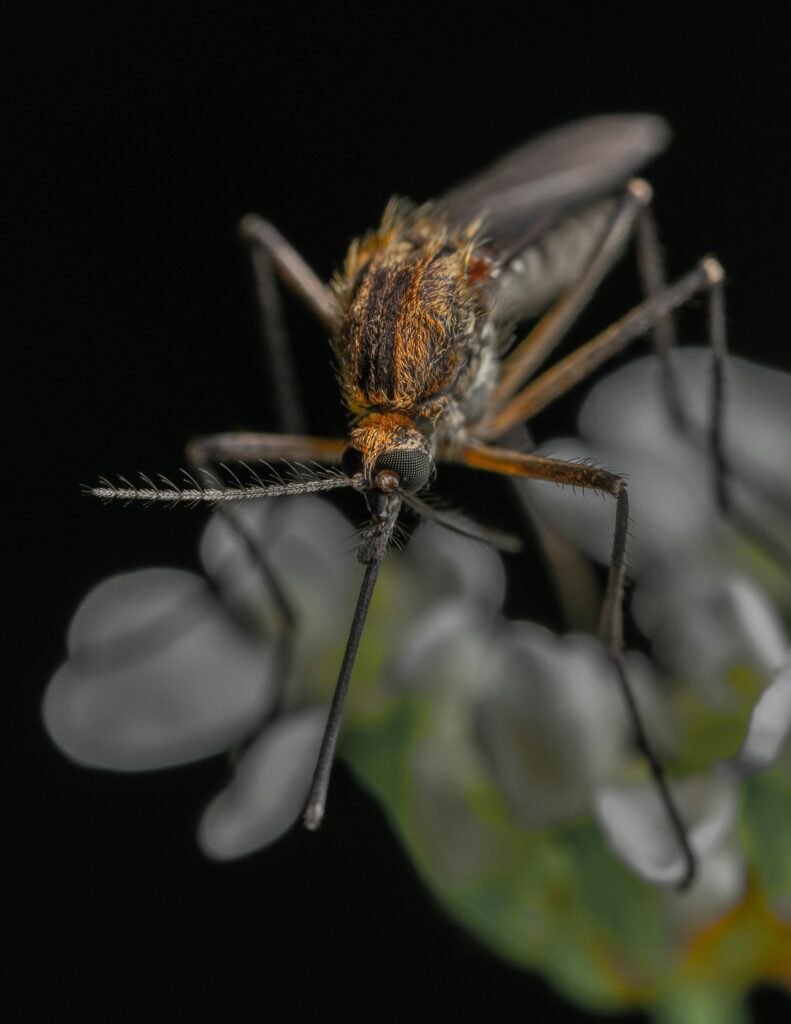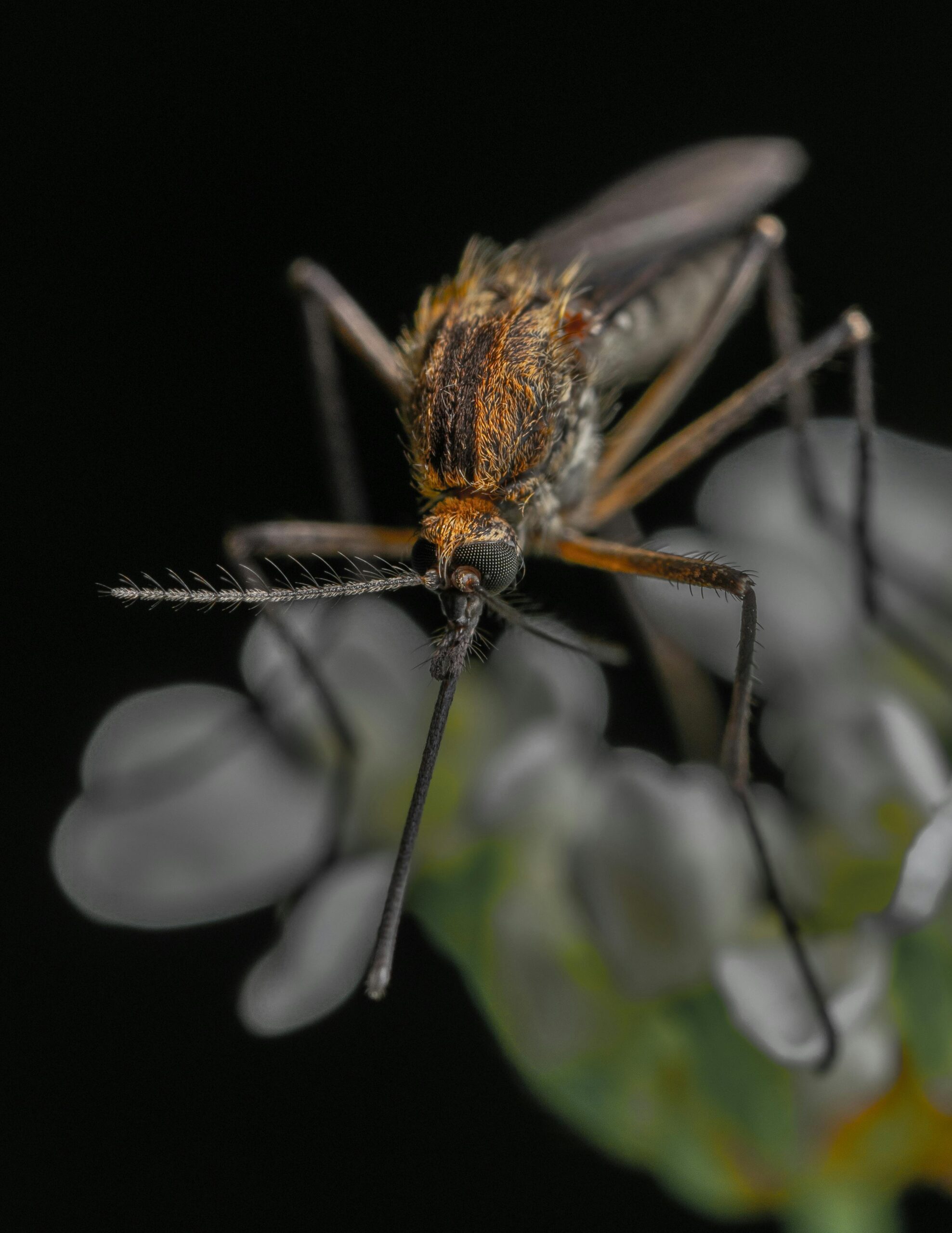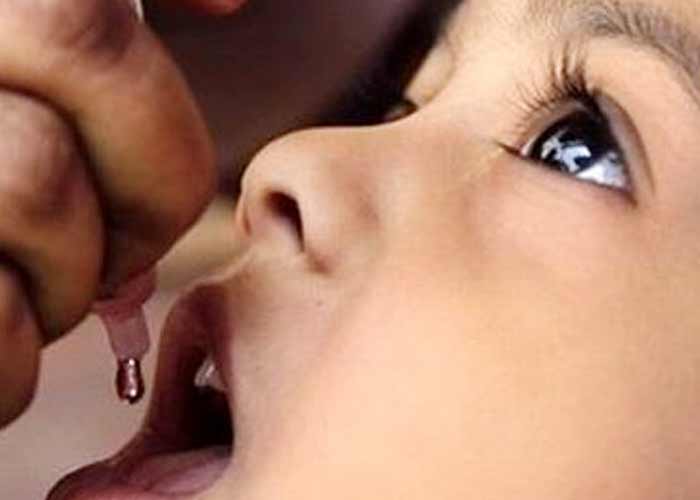Lucknow is currently grappling with a severe dengue outbreak, with the number of cases surging across the city. According to the Health Department’s report, 1115 dengue cases have been detected since January 2024, along with 443 cases of malaria. The situation is exacerbated by a recent increase in chikungunya cases, putting additional pressure on the city’s healthcare system. Over the past two days, 78 new dengue cases have been reported, sparking heightened concern among health officials.

Areas Most Affected by Dengue in Lucknow
The worst-hit areas in Lucknow include Aliganj, Alam Bagh, Indira Nagar, and Chauk, with other neighborhoods like Hazratganj, Ashbagh, Sarojini Nagar, and Gosaini Nagar also reporting cases. The Health Department is on high alert, as cases continue to rise in these and other densely populated areas.
Health Department’s Response: Fogging, Spraying, and Notices
In response to the growing threat, the Health Department has ramped up its efforts to control mosquito breeding. Teams have been conducting fogging and anti-larva spraying in the affected areas. In the last two days, the department surveyed over 3017 houses, issuing notices to 18 homes for failing to maintain proper sanitary conditions to prevent mosquito breeding. Alongside these efforts, the department has launched an awareness campaign to educate citizens about preventive measures against dengue, malaria, and chikungunya.
Increase in Testing and Early Detection
A significant factor contributing to the increased number of reported cases is the greater awareness among residents about the symptoms and the availability of more testing centers. As many as 135 testing centers have been set up this year in Lucknow, compared to 83 last year. According to Dr. KK Singh, faculty of general surgery at King George’s Medical University (KGMU), early testing has been instrumental in early diagnosis and treatment, preventing fatalities.
Decrease in Dengue-Related Deaths
Despite the rise in cases, dengue-related deaths in Lucknow have significantly decreased. Only one death has been confirmed in 2024, compared to four each in the previous two years. The victim, an 84-year-old woman, had pre-existing comorbidities. Doctors emphasize that the timely treatment of patients who get tested early has played a critical role in reducing the mortality rate. “We’ve seen fewer deaths this year, thanks to early diagnosis and better awareness,” noted Dr. Manoj Agrawal, the Chief Medical Officer (CMO) of Lucknow.

Hospitals Treating Dengue Patients
Government and private hospitals, including KGMU, Lohia Institute, Balrampur Hospital, and Civil Hospital, are currently treating patients with dengue symptoms. While many patients are being managed at home, severe cases are being referred to hospitals for specialized care. However, in some cases, doctors have noted that despite showing symptoms of dengue, patients’ test results do not confirm the disease, prompting treatment based solely on the symptoms.
Ongoing Efforts to Curb Dengue Spread
With the Health Department’s efforts in full swing, fogging and anti-larva spraying operations continue across the city. Officials believe that timely intervention and community cooperation can help control the outbreak. “Awareness, early testing, and proper preventive measures can significantly reduce the spread of mosquito-borne diseases,” said Dr. KK Singh.
As the dengue season approaches its peak, especially around Diwali, health authorities are urging residents to remain vigilant, take preventive steps, and seek immediate medical attention if symptoms arise.



